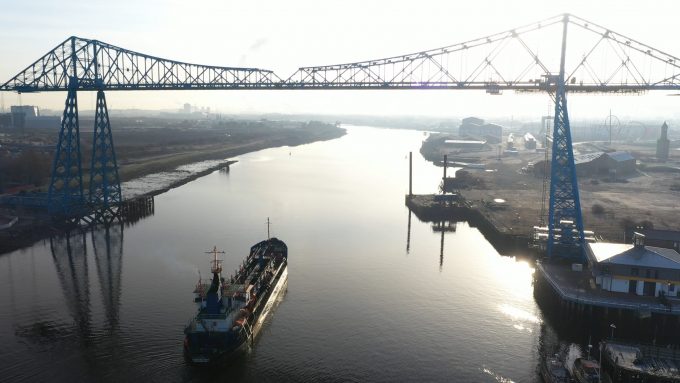GXO claims Wincanton takeover will not hurt UK food retailers
The world’s largest pure-play contract logistics operator (PPCLO), GXO, has argued that its intended acquisition ...

The UK government has opened a bidding process for the creation of up to 10 new freeports, promising they are a simple way to “turbo-charge” the economy, especially in deprived areas.
However, far from being a magic wand, the reality is somewhat more challenging.
The country has had freeports before, but those – established in the 1980s and 1990s in ports like Liverpool and Tilbury – eventually withered and died.
All they could offer was freedom from customs duties, and this was not ...
Outlook for container shipping 'more uncertain now than at the onset of Covid'
Teamsters union vows UPS will be 'in for a hell of a fight' over jobs cull
Shippers warned: don't under-value US exports to avoid tariffs – 'CBP will catch you'
Cancelled voyages take the sting out of spot rate declines this week
New Houthi warning to shipping as rebel group targets specific companies
K+N CEO unveils impact of US import tariffs on China-origin goods
Blanked sailings in response to falling demand 'just a stop-gap solution'
More pressure on transpacific rates as carriers bet on a China-US trade deal

Comment on this article